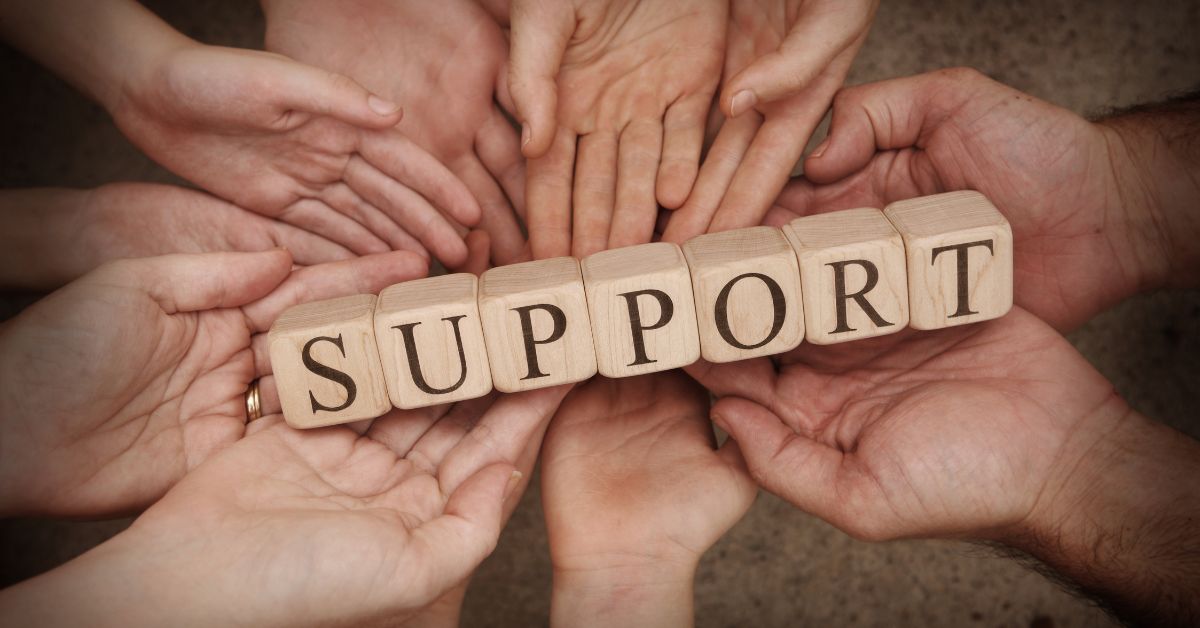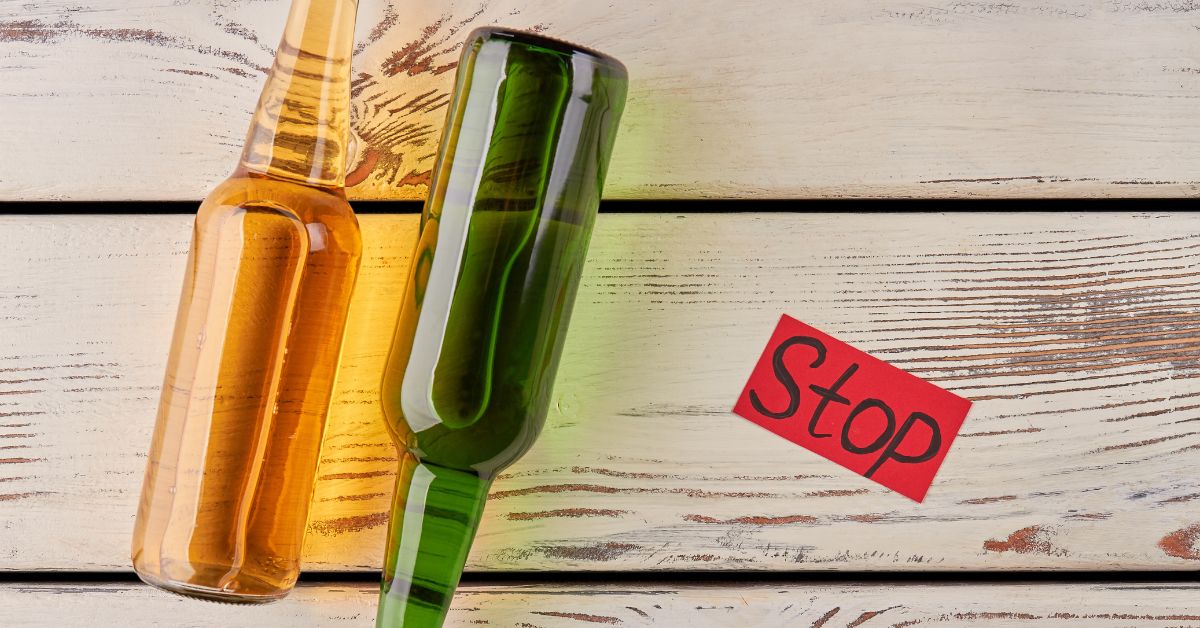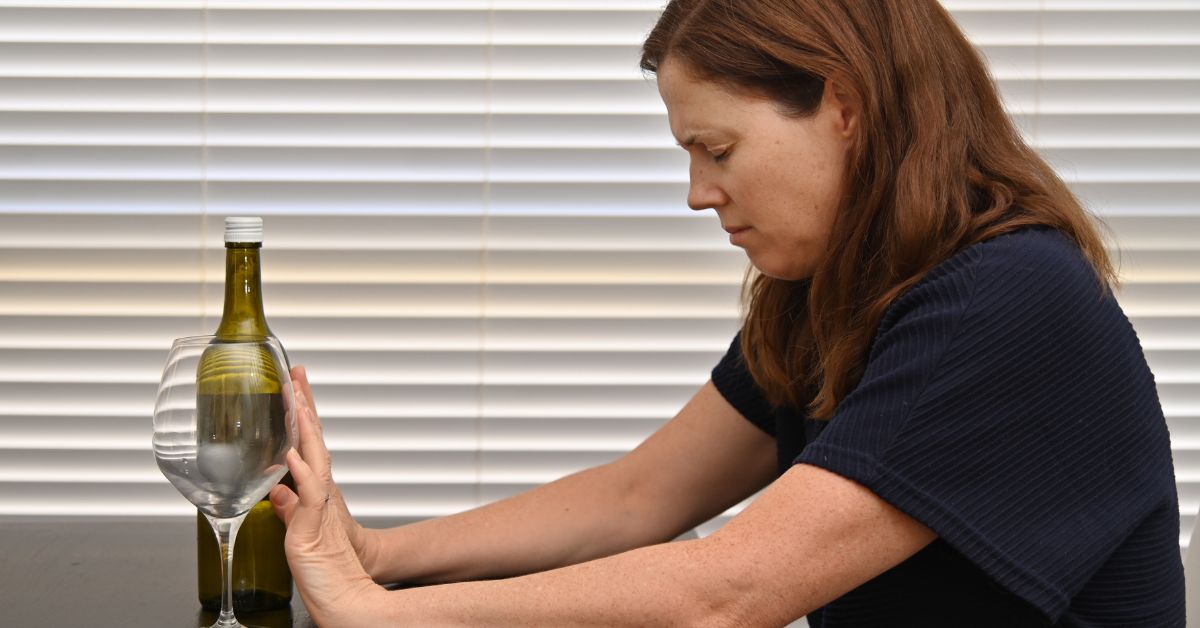Witnessing a close one struggle with alcohol use disorder can be heart-wrenching, as it impacts not only the individual but also their family and friends. Despite the challenges, recovery is attainable with the appropriate strategies and support.
Thus, in this article, we’ll delve into understanding this addiction, its repercussions, and how you, as a parent or family member, can acknowledge the issue and guide them toward seeking help and ultimately overcoming addiction.
Understanding Alcohol Addiction

Alcohol addiction, also known as alcoholism, is characterized by the compulsive consumption and appetite for alcoholic drinks and beverages despite negative consequences. It’s a complex interplay of genetic, environmental, and social factors that can lead to physical and psychological dependence.
Some people use alcohol as a means to cope with their emotions and thoughts. They drink when they feel tense or uneasy, when they experience negative self-perceptions, or to block specific recollections. In time, these habits eventually develop into alcohol addiction.
This manner of using alcohol fails to address the underlying problem. The effects, however, can be severe, affecting all aspects of an individual’s life. It can lead to liver problems, heart disease, cancer, headache, vomiting, and mental health conditions. It can also affect their relationships, work, and finances, leading to isolation and despair.
FREE: Get the 3 pieces of advice that helped me understand this disease of addiction
Acknowledging Drinking Problem

One of the most challenging aspects of the urge to drink is acknowledging the problem. It’s not uncommon for individuals to deny or minimize their addiction, making it difficult for their dear ones to intervene or help treat the addiction. But admitting the problem is the first step towards a healing journey.
When working with those close to you to begin the journey of recovery through, keep the following in mind:
- It’s necessary to approach the situation with empathy and compassion.
- Avoid judgment or criticism and express your concern for their well-being.
- Encourage them to seek professional help and offer to support them on their journey.
Reformation is achievable, and hope is ever-present. As a parent or close one, seek help and support, and remain steadfast in the belief that overcoming alcohol addiction and reclaiming life is possible.
We’ll explore next the two important aspects of conquering addiction: pursuing professional assistance and cultivating healthy coping strategies. If you know someone battling addiction, these suggestions can help you stay updated and support them on their path to rehabilitation.
Naltrexone, Disulfiram, and Acamprosate: The Role of Medication and Professional Support

Addiction is a medical condition that requires professional treatment. It’s not something that can be overcome through sheer willpower or determination alone. That’s why it’s important to seek medical and psychological support for the people you care for that are dealing with addiction.
There are several types of treatments available, including inpatient and outpatient rehabilitation, counseling and therapy, medication-assisted treatment, and support groups. Each of these approaches can be safe and effective, depending on their unique needs and circumstances.
| Treatment Option | Description | Pros | Cons |
|---|---|---|---|
| Inpatient Rehabilitation | Live-in facilities providing intensive therapy and support | A structured environment, 24/7 support, medical supervision | Cost, time commitment, limited access to family and work |
| Outpatient Rehabilitation | Non-live-in treatment involving counseling and therapy | Flexibility, lower cost, ability to maintain work and family life | Less structure and support, potential exposure to triggers |
| Counseling and Therapy | Individual, group, or family sessions with a therapist | Addresses underlying issues, personalized approach | Requires commitment, finding a compatible therapist |
| Medication-assisted Treatment | Use of medications (Including Naltrexone, Disulfiram, Acamprosate, and Vivitrol) to help manage alcohol withdrawal symptoms and cravings | Can help reduce cravings and setbacks, and medical supervision | Side effects, not a standalone solution |
| Support Groups | Peer-led meetings, such as AA, Al-Anon, SMART Recovery | Free, community-based support, shared experiences | May not address all aspects of healing, varying quality |
Developing Healthier Coping Mechanisms to Stop Drinking Alcohol

UPDATED: Discover the 3 life-changing things about addiction I wish I knew years ago
In addition to seeking professional help, encouraging them to develop healthy coping mechanisms is also important for overcoming addiction. Here are some tips to help recovering addicts replace their harmful habits with more balanced ones:
- Replace alcohol or drugs: Decreasing the consumption of alcohol could include drinking non-alcoholic drinks like herbal tea or coconut water or going for a walk instead of using drugs.
- Manage stress and emotions: Stress and negative emotions can trigger a setback, so it’s important to develop healthy ways to manage them. This could include practicing mindfulness, deep breathing, or yoga.
- Pursue hobbies and interests: Engaging in activities that bring joy and fulfillment can help individuals stay motivated and focused on their rehabilitation journey.
Building a Strong Support Network to Reduce Addiction

Battling addiction can be an isolating experience, and it’s important for the addict to understand that they’re not alone in their struggles. Be available to always offer vital support and encouragement; reach out to them and let them know you’re there to help. Often, family members might be willing to provide support but may be unsure of how to address the situation.
When offering support, encourage them to be honest and open about the challenges faced. This may involve admitting to past mistakes or actions that may cause regret. Vulnerability is tough, but being truthful about the realities of addiction helps you understand the obstacles they face and how best to support them.
Besides family, support groups may also be an invaluable resource for those in the transformation journey. Groups like Alcoholics Anonymous or Narcotics Anonymous offer a safe space for individuals to connect with others dealing with similar issues. These groups provide a sense of community and understanding that can be hard to find elsewhere.
Setting Realistic Goals and Maintaining Motivation to Achieve Recovery

On the journey to recovery, a sense of purpose and direction is often important. Encourage your dear ones to set realistic goals, which can serve as a roadmap for success and maintain motivation. When establishing goals, it’s important to identify the reasons for quitting, such as improving relationships, being a better parent, or pursuing an alcohol-free lifestyle.
For instance, tracking progress and celebrating achievements may be able to keep motivation high. Each milestone, whether it’s a week, a month, or a year sober, is worth acknowledging. Recognizing progress can help them stay focused and motivated, even when faced with setbacks.
GET: The 3 things that actually "allowed" me to help my son (and regain control again)
On setbacks, note that they are an inevitable part of the rehabilitation process, but they don’t signify failure. Instead, they provide an opportunity to learn and grow. In the case of a relapse, encourage them to remain focused on their long-term goals, even when faced with challenges, to help them stay motivated on their journey.
Note: Alcohol addiction, just like any other substance abuse, can result in physical withdrawal symptoms that can include trembling hands, sweating, headache, nausea, vomiting, palpitations, and lack of appetite. In severe cases, symptoms can include seizures, fever, and even hallucinations.
Preventing Relapse

Relapse is a common concern for anyone supporting a loved one through addiction treatment. As established, remember they are not a setback but a part of the journey for many individuals. The good news is that there are steps you can help your dear ones take to prevent it and stay on track.
What are the Triggers and High-Risk Situations?
One of the first steps is identifying triggers and high-risk situations. Triggers can be events, people, or situations that cause cravings and urges to use substances, while high-risk situations increase the likelihood of relapse. Examples include stress, boredom, social situations, negative emotions, and exposure to drugs or alcohol. Help them identify their individual triggers and high-risk situations so they can develop coping strategies.
How to Develop Coping Strategies for Cravings and Urges?
Assisting someone you care for in developing coping strategies is another important step in preventing setbacks. Coping strategies are techniques and tools they can use to manage cravings and urges when they arise. Some common coping strategies include:
- Mindfulness and meditation
- Exercise and physical activity
- Journaling and self-reflection
- Deep breathing and relaxation techniques
- Seeking support from friends, family, or a wellness group
- Engaging in enjoyable activities or hobbies
FREE: Get the 3 pieces of advice that helped me understand this disease of addiction
Encourage them to find coping strategies that work for them and make them a part of their daily routine. Consistency is vital when it comes to developing healthy habits and preventing setbacks.
Why Continuing with Support Groups and Aftercare Programs is Important?
Finally, encouraging your close ones to continue support groups and programs is important in improving their recovery rate and may help prevent a relapse. Groups like Alcoholics Anonymous (AA) or Narcotics Anonymous (NA) offer a sense of community and accountability. Aftercare programs, such as outpatient treatment or therapy, can help them stay on track with their journey and address any issues that may arise.
Research shows that individuals who participate in these groups and aftercare programs are more likely to maintain their sobriety long-term. It’s necessary to encourage them to continue with these programs even after they’ve made significant progress in their transformation journey.
Preventing relapse is an ongoing process, requiring effort and commitment. By helping them identify triggers and high-risk situations and develop coping strategies, you can support them in reducing the likelihood of setbacks and staying on track.
Helping Loved Ones Quit Drinking

Seeing someone you care about addicted to alcohol can be overwhelming, but as an addiction expert, I assure you there’s hope. The journey to overcoming alcohol dependence is challenging but worthwhile, requiring patience, dedication, and the willingness to confront difficult truths. Acknowledging the problem and seeking professional help tailored to the individual’s needs are necessary steps.
Ongoing support and self-care are important in the process, with a support system in place through 12-step programs, group therapy, or individual counseling. Encourage them to take care of themselves physically and mentally. Remember, recovery is not only about abstinence from alcohol but also about building a fulfilling life centered around personal growth, healthy relationships, and meaningful work.
In conclusion, there’s hope for your dear ones who are dependent on alcohol. With the right support and guidance, they can overcome addiction and reclaim their life. Be patient, compassionate, and supportive throughout their journey, and emphasize the possibility of a better life free from addiction.
UPDATED: Discover the 3 life-changing things about addiction I wish I knew years ago
Frequently Asked Questions About Quell Alcohol Addiction
How can I help my loved one stop using alcohol to cope?
Encourage them to develop healthier coping mechanisms like exercise, meditation, or engaging in hobbies, and suggest seeking professional help if needed. Supporting them in addressing the underlying issues leading to alcohol use is important for long-term healing.
How can I motivate my loved one want to stop drinking alcohol?
Help them set clear goals and identify reasons for quitting, such as improving health, relationships, or finances. Assist in tracking their progress, celebrating small victories, and connecting them with support from friends, family, or peer counseling groups to maintain motivation.
What is the first step for my loved one to reduce heavy drinking?
Encourage them to admit they have a problem with alcohol, as it’s the first step towards a transformed life. Once they acknowledge the issue, help them seek professional assistance, create a plan for quitting, and introduce them to supportive friends, family, or wellness groups.
What can someone replace alcohol with?
Suggest replacing the cravings for alcohol with non-alcoholic beverages like sparkling water, herbal tea, or non-alcoholic cocktails. Encourage them to engage in healthy activities, such as exercise, socializing, or pursuing hobbies, to fill the void left by alcohol.
